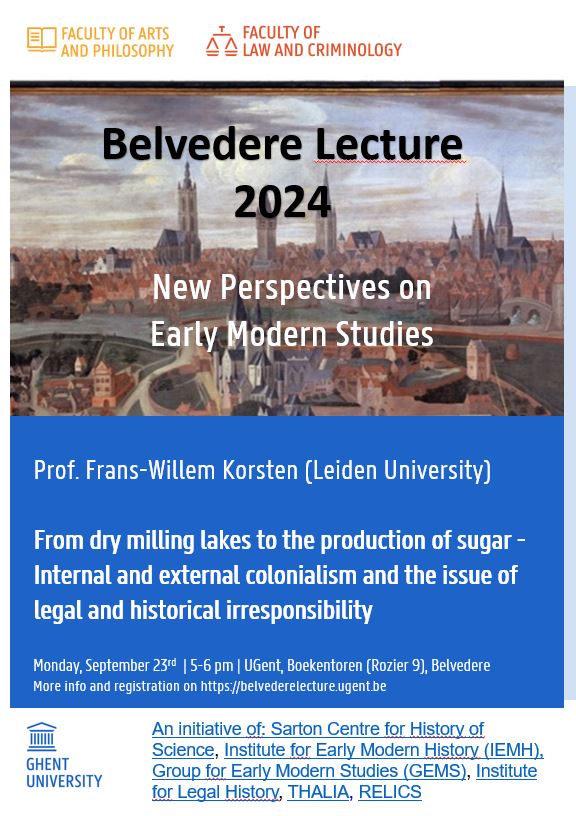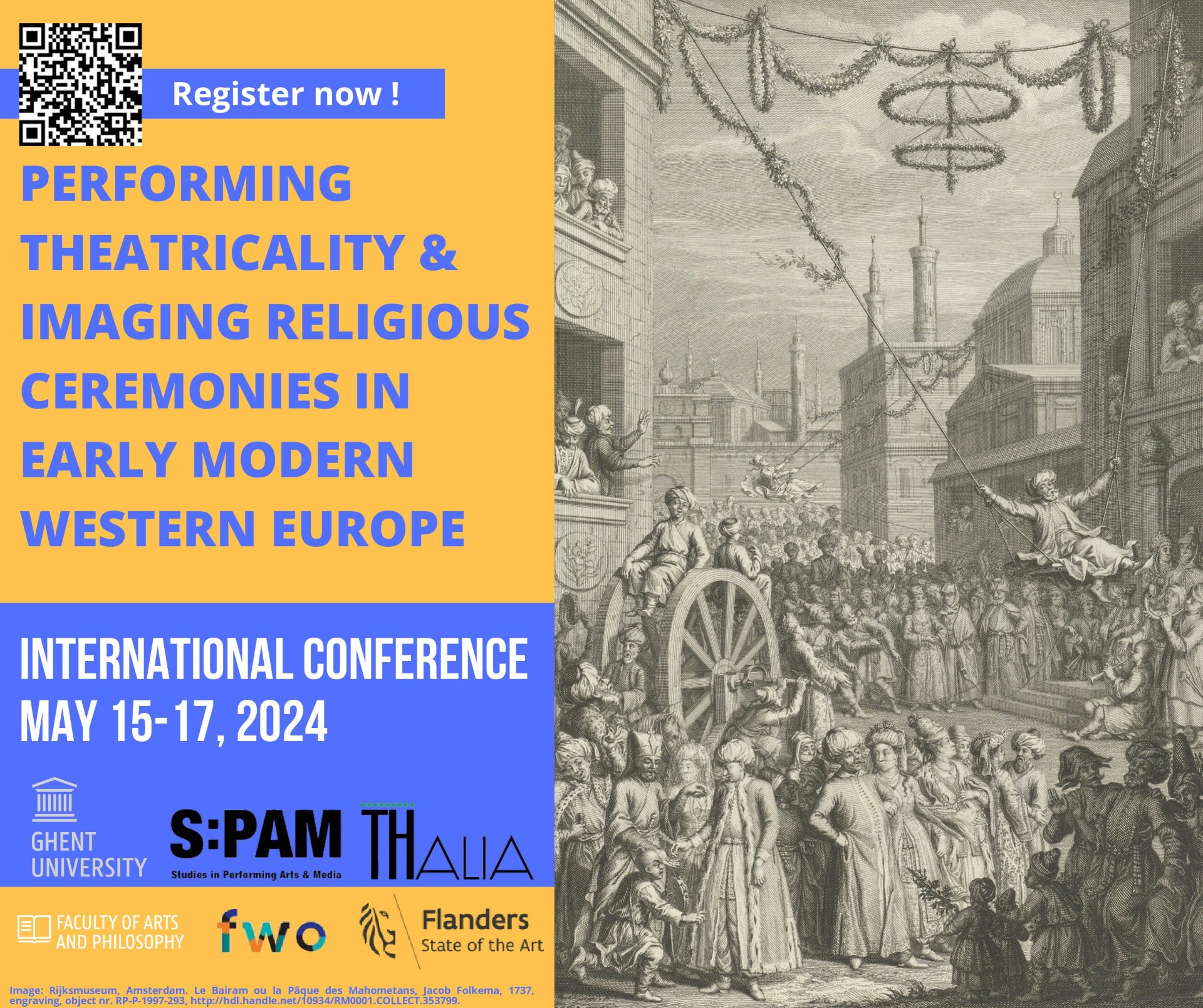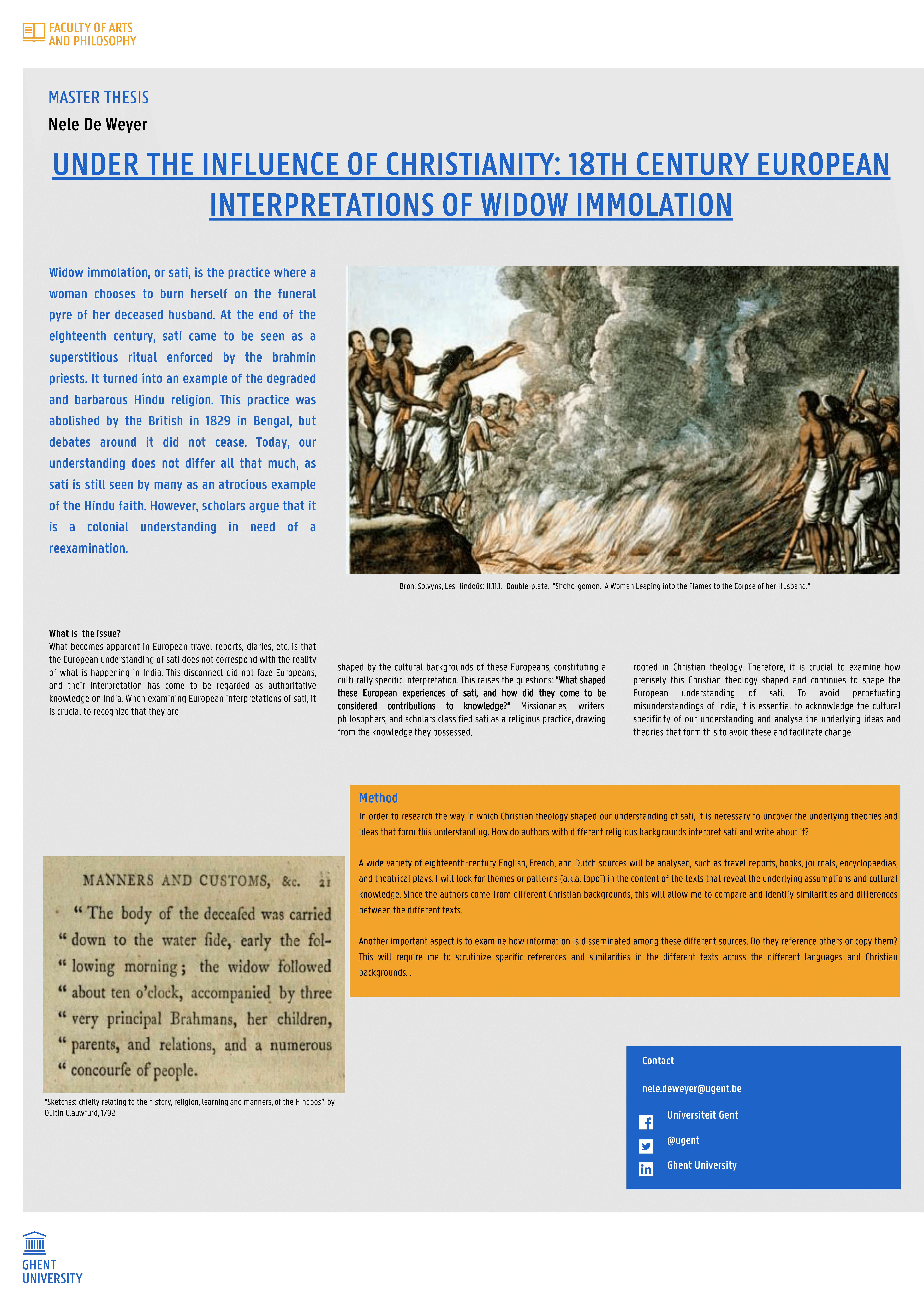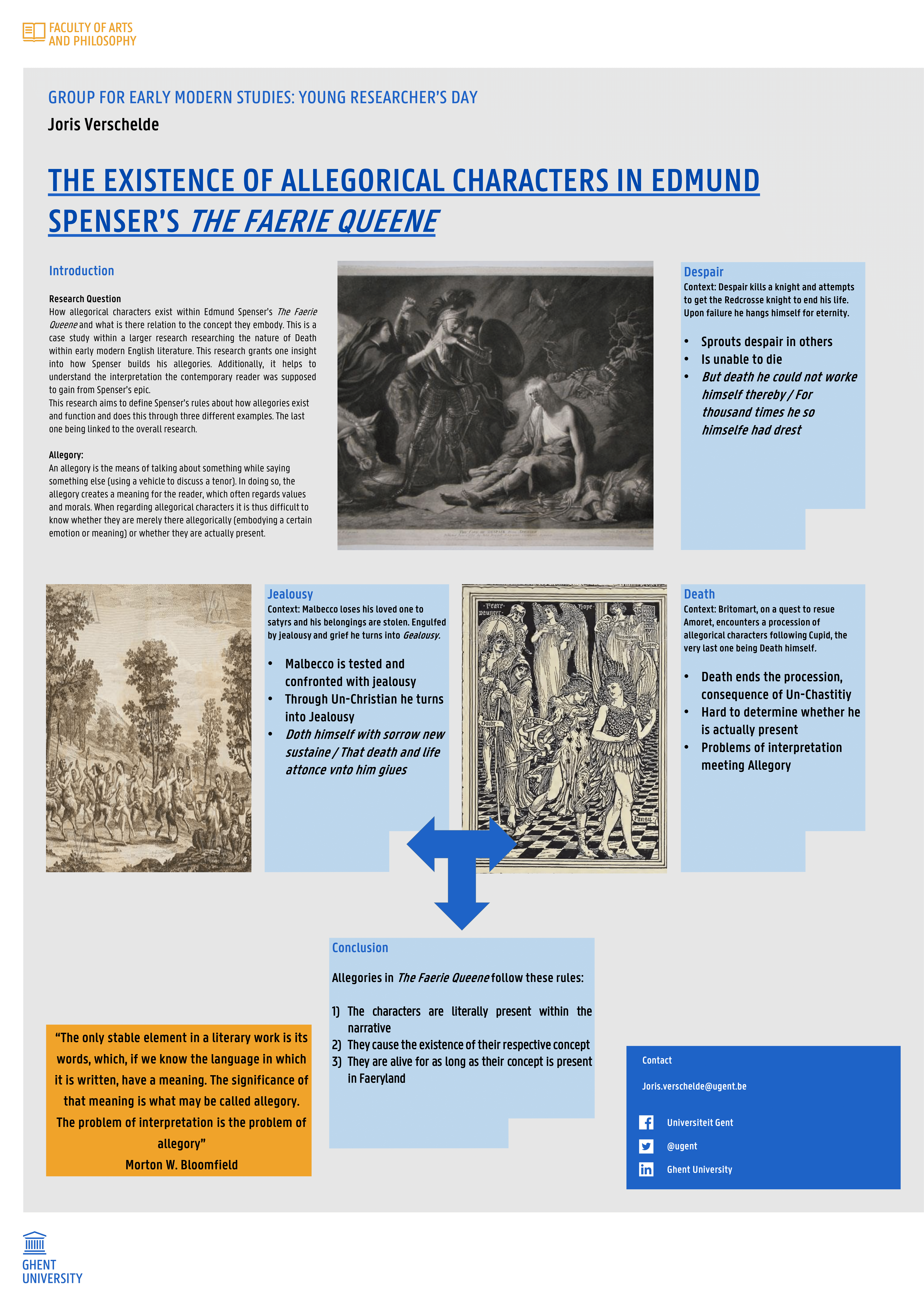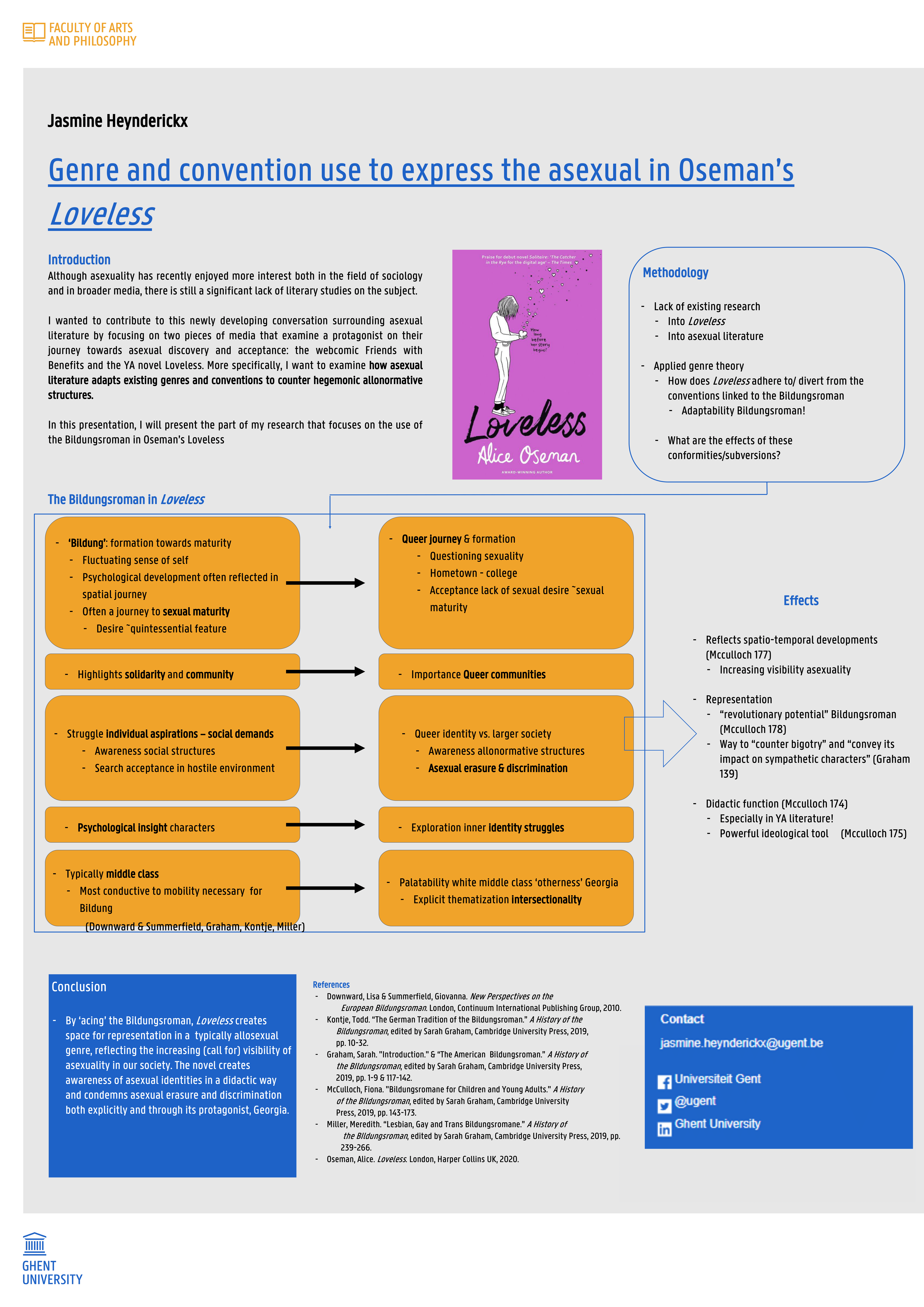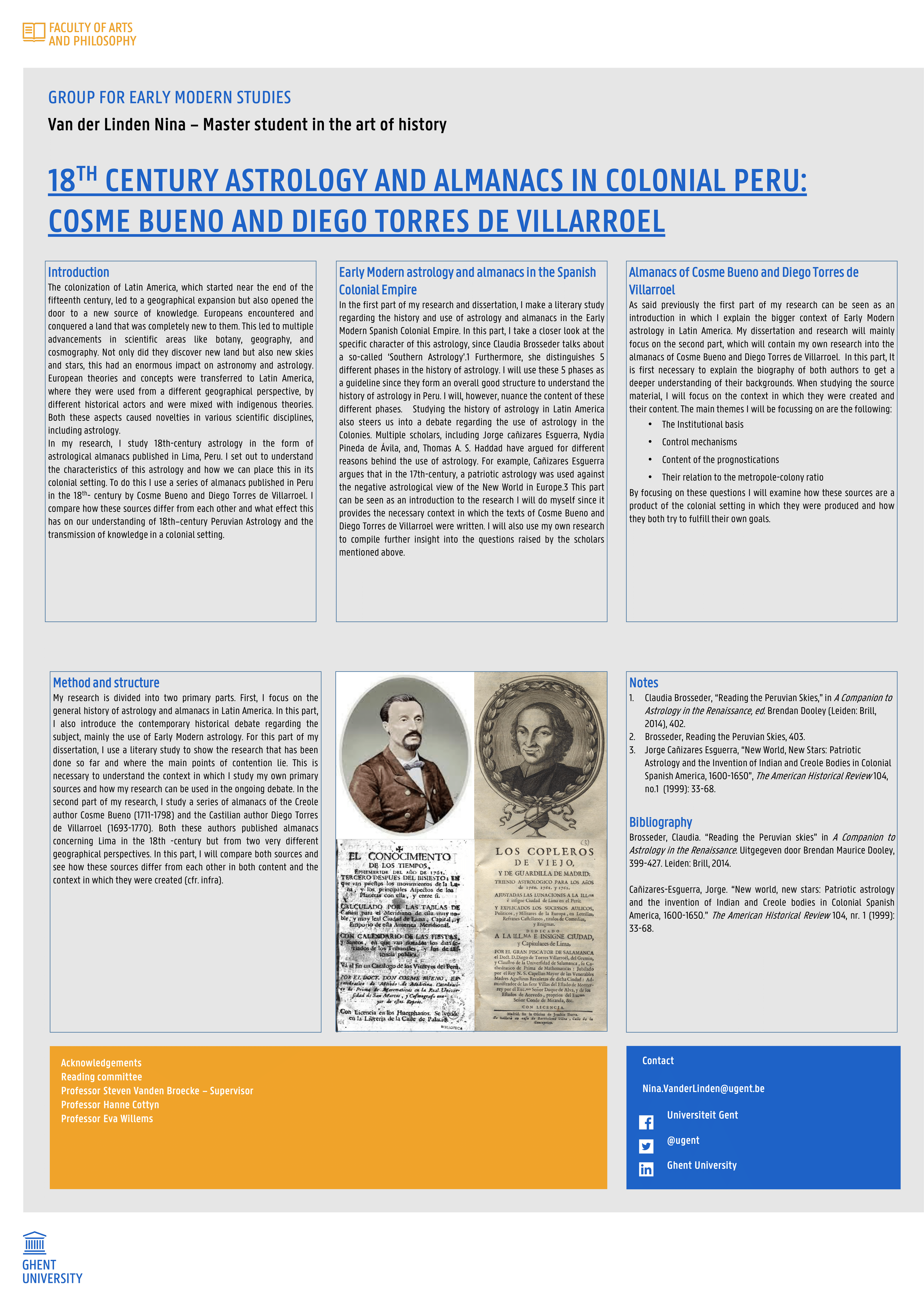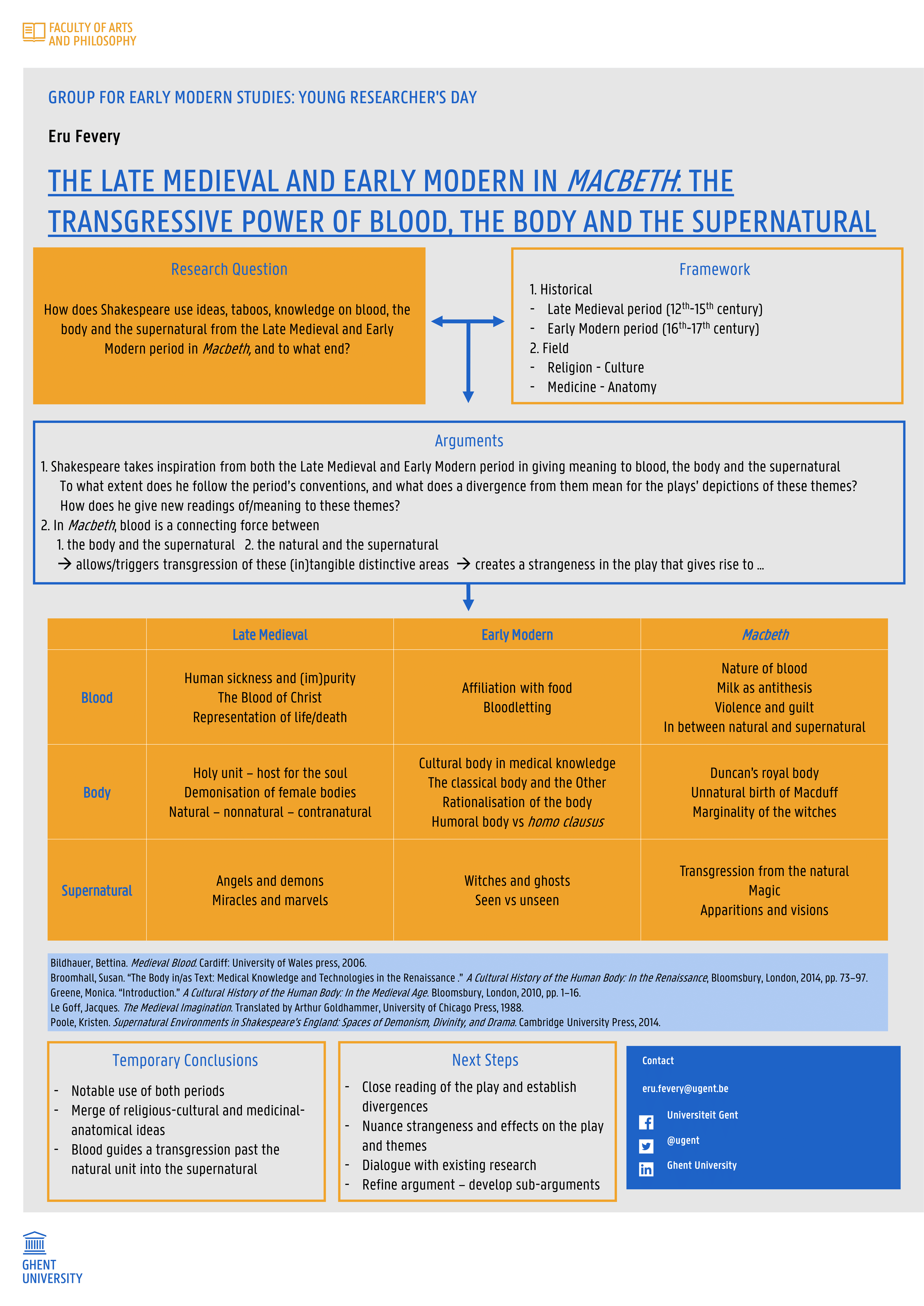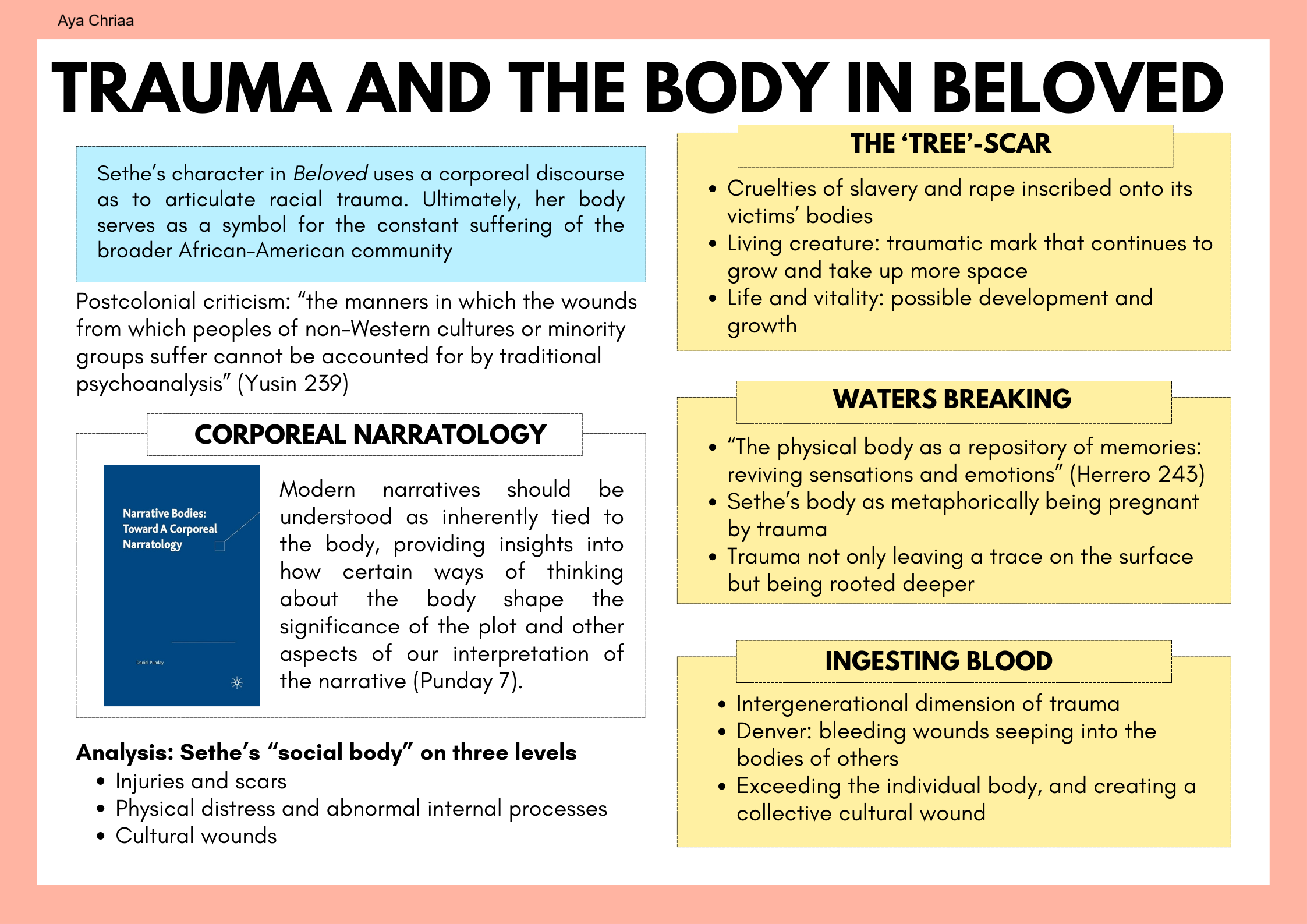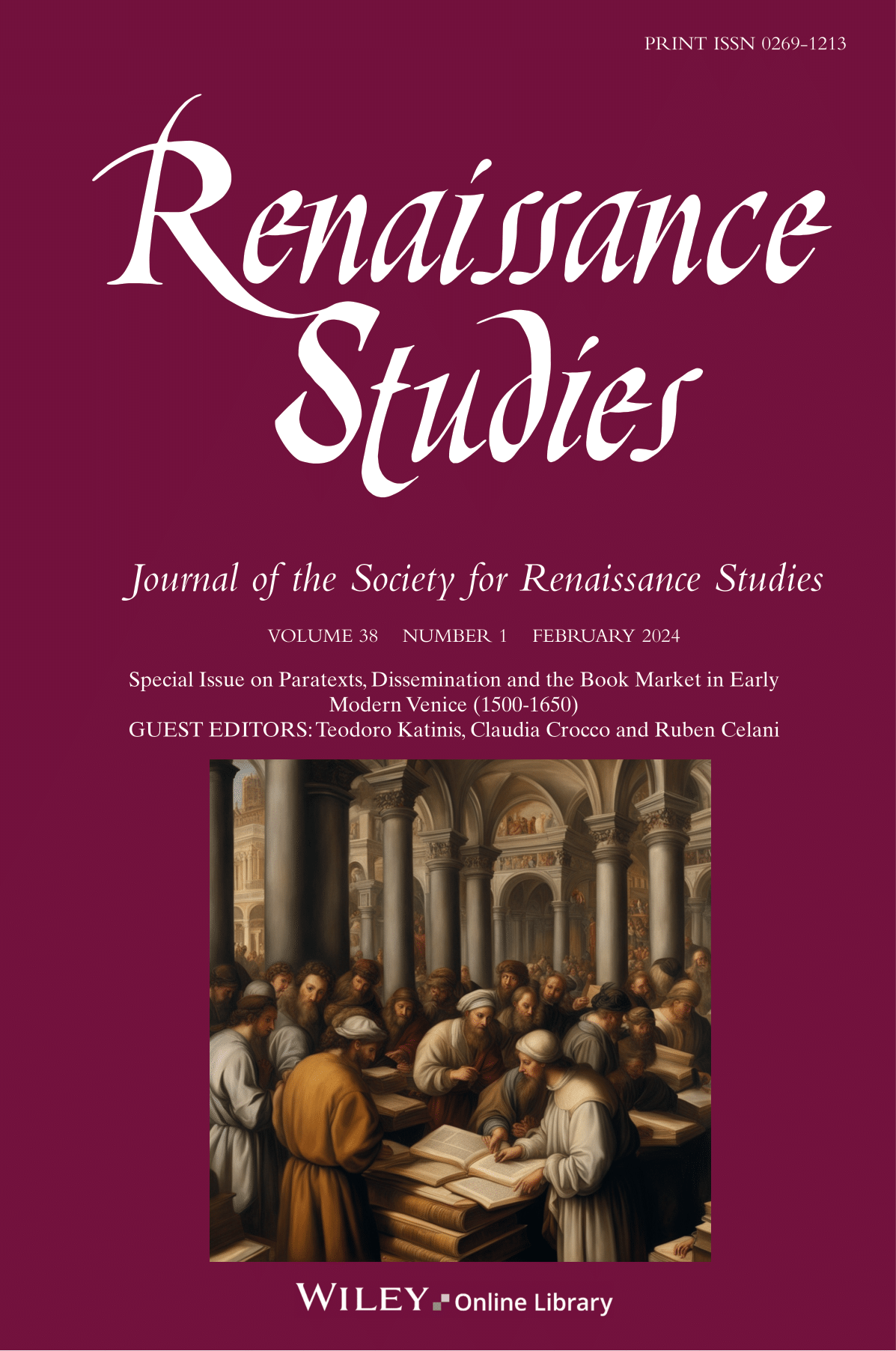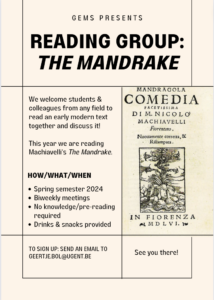Belvedere Lecture 2024 – Monday 23 September 2024, 5-6 pm – Boekentoren (Rozier 9, 9000 Gent): Belvedere
New Perspectives on Early Modern Studies
The Belvedere Lecture is the Ghent annual lecture on early modern history and culture. It sheds light on the early modern period from a multi-disciplinary perspective. ‘Belvedere’ suggests a bird-eye view on early modern history, which is indeed one of the aims of this annual lecture: to invite international scholars in the field of early modern studies to present their research in the light of bigger questions early modernists are dealing with today.
‘Belvedere Lecture’ refers to the Belvedère of the Ghent famous Boekentoren (Book Tower), an iconic building designed in 1936 by Henry van de Velde (more information about this buildng on https://tour.boekentoren.gent). Belvedere is an architectural structure that was especially popular in the renaissance and baroque, but also in modern architecture. It not only refers to the idea of providing an scenic view on early modern history, but it also connects early modernity with modernity.
Speaker: Prof. Frans-Willem Korsten (Leiden University)
‘From dry milling lakes to the production of sugar: Internal and external colonialism and the issue of legal and historical irresponsibility’
Starting in the early modern period, and in the course of just a few centuries, a so-called plantation culture has come to dominate the relations between humans and their environment, leading up to what Donna Haraway called the Plantationocene. This type of cultivation was not developed especially for the colonies. In the Netherlands, for instance, the dry milling of lakes in the 17th century resulted in commons being turned into the private property of investors who would then rent out the neatly cut up polders to those who had to work the land. More broadly, juridically speaking, the appropriation of land was covered by a tactic of enclosure, as Sylvia Federici proposed: a certain amount of land was marked off from the rest and declared property. When, then, a few European nations engaged in what was to become a colonial endeavor, Europe’s internal form of colonialism was exported to colonies elsewhere. There, likewise, European newcomers brutally created tangible and juridical fences that indicated: “This is now property.” The windmills that facilitated the dry milling of lakes, the legal definitions that facilitated the constitution of property, the machines that made the production of sugar possible, they are all examples of what Bernhard Siegert called ‘cultural techniques’. Such techniques take humans up in a loop. They are not techniques that humans consciously use, but media that redefine human subjectivity. As such they pose problems of (ir-)responsibility, both legally and historically. These, in turn, have their implications for a decolonial reconsideration of history.
Registration before 16 September.
